From rice cakes to veggie straws, their answers may surprise you
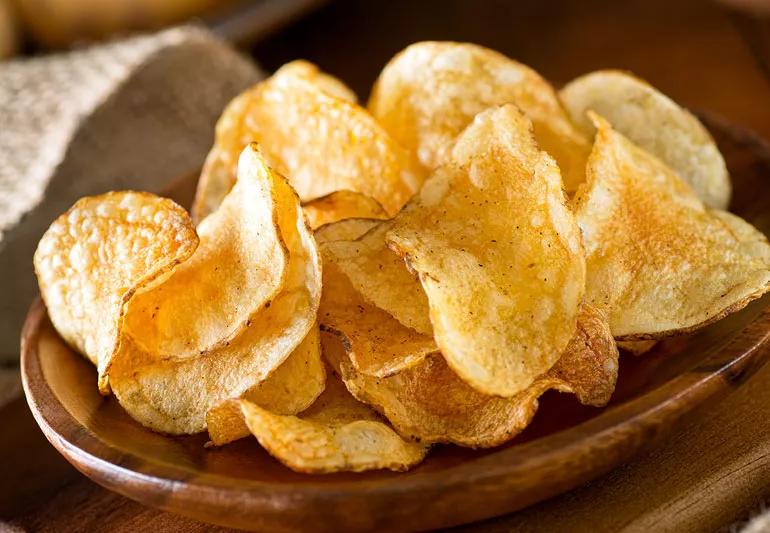
Image content: This image is available to view online.
View image online (https://assets.clevelandclinic.org/transform/cac33a9c-7121-4073-97ac-99fbc27acba1/worstSnacks-527905022-770x533-1_jpg)
potato chips in a dish
Grrrrowwwl. What do you do when your stomach starts complaining midway through the afternoon or just before bed?
Advertisement
Cleveland Clinic is a non-profit academic medical center. Advertising on our site helps support our mission. We do not endorse non-Cleveland Clinic products or services. Policy
Before you visit the vending machine or scour your fridge for snacks you think are healthy, you may want to scan the list below first.
Cleveland Clinic dietitians weigh in on the seven worst snacks for tiding you over between meals that people actually think are healthy for them. Here’s how they voted:
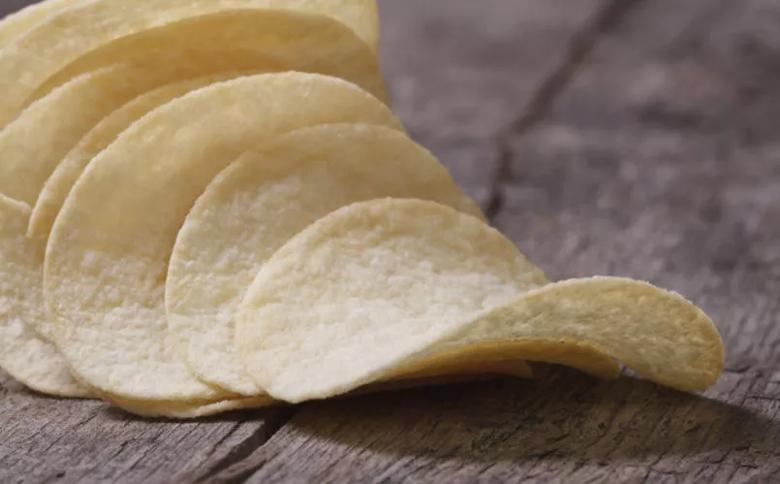
Image content: This image is available to view online.
View image online (https://assets.clevelandclinic.org/transform/5dc20301-5fe1-49f9-a8d3-2436ed40416f/GettyImages-520916185-e1462378974397_jpg)
They’re highly processed and often so low in fat that you can consume large quantities without ever feeling full. This can increase blood sugar and cause an insulin surge, promoting fat storage.
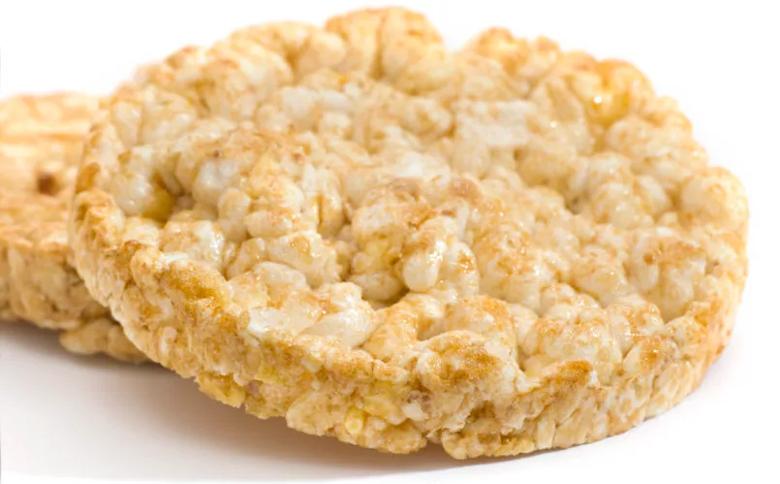
Image content: This image is available to view online.
View image online (https://assets.clevelandclinic.org/transform/479d363b-c655-4f6a-979f-d7ab2e485b7c/GettyImages-157480236-e1462379233463_jpg)
You think you can eat a lot of them since they’re lower in calories. But rice cakes are often artificially flavored and are really just a carb with little to no nutrition. It’s recommended that you eat a small serving of ½ cup of brown rice instead. It’s much more nutritious and satisfying — and has way less calories in the end.
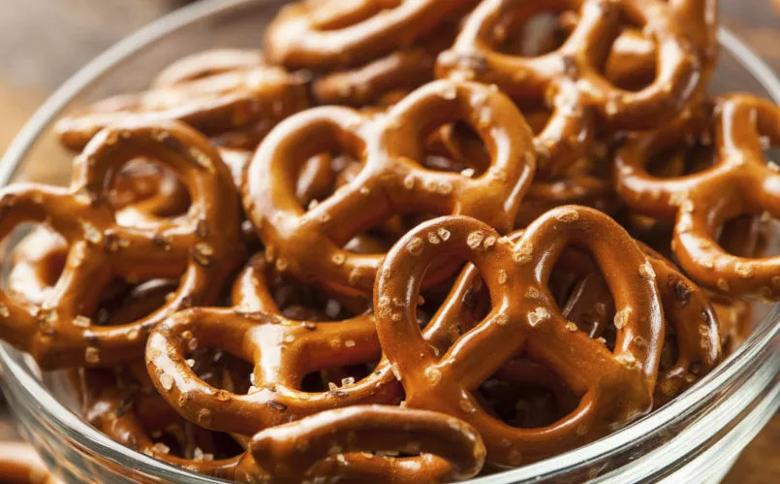
Image content: This image is available to view online.
View image online (https://assets.clevelandclinic.org/transform/d1b99db7-3697-4e2b-94ec-1d2bce8c9420/GettyImages-463681837-e1462379319349_jpg)
These little misleaders are a nutrient “zero” and do nothing but put your insulin and blood sugar on a roller coaster. This, in turn, makes you more hungry.
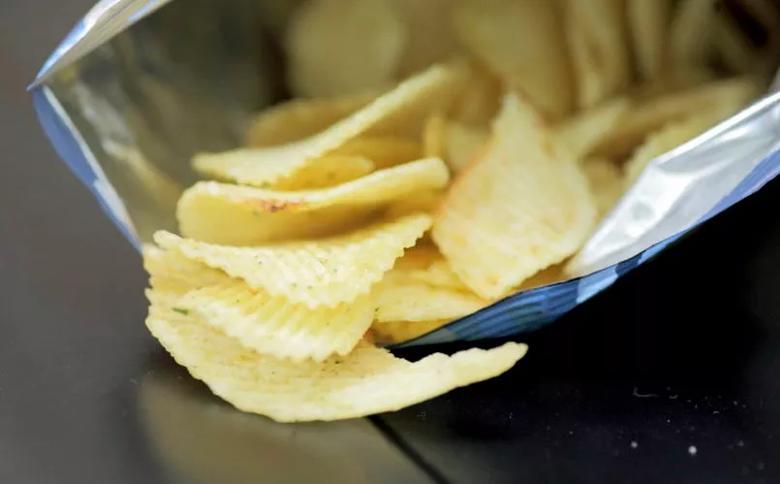
Image content: This image is available to view online.
View image online (https://assets.clevelandclinic.org/transform/642e1ab6-8671-41c7-89f9-76542d198acc/GettyImages-176029628-e1462379448515_jpg)
Potato chips lack any significant nutritional value, therefore are empty calories, period. They’re also high in fat, and low in fiber and protein.
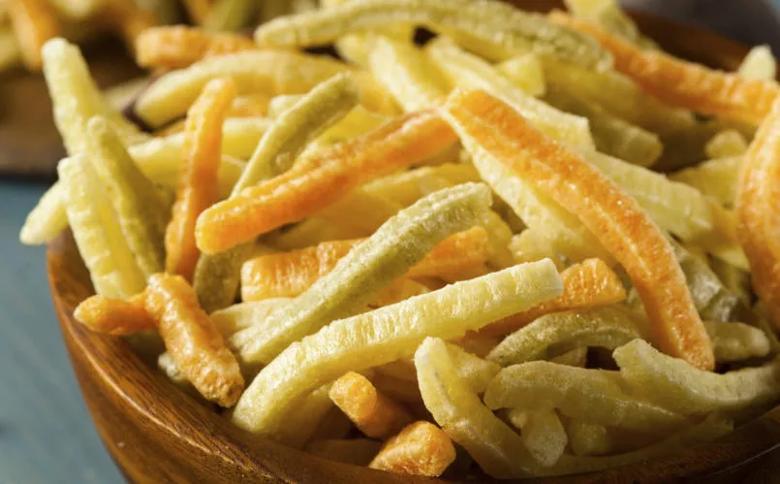
Image content: This image is available to view online.
View image online (https://assets.clevelandclinic.org/transform/e092b41e-24db-4d85-88a4-ce9b85902b63/GettyImages-515773655-e1462379920527_jpg)
These are like a wolf in sheep’s clothing. People think these heavily-processed snacks are healthy because they’re made of vegetables. But veggie sticks and straws lack fiber and protein, and are practically devoid of nutrients. They may be a bit lower in fat than chips, but why not just eat the real thing? Dip raw bell peppers, carrots, cucumbers, broccoli, and grape tomatoes in hummus and you’ll get lower fat and more nutrients.
Advertisement
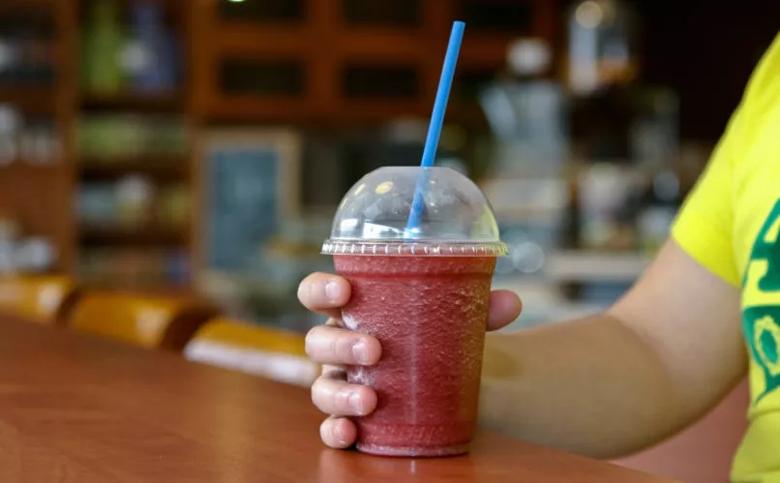
Image content: This image is available to view online.
View image online (https://assets.clevelandclinic.org/transform/92a30212-d25c-4e87-b9f3-d79c3c7aeaef/GettyImages-147075445-e1462379579979_jpg)
Home-made smoothies can be power-packed with nutrients. But grab-and-go smoothies, even from your best local smoothie shop or grocery store, are often jam-packed with added sugar (often, from fruit juice) and calories. You can run up 300-700 calories with this quick “snack,” which won’t keep you feeling full like a good snack should.
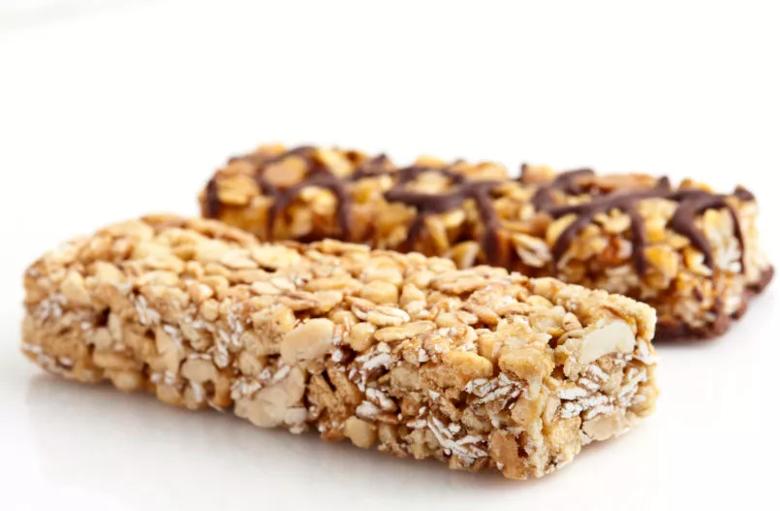
Image content: This image is available to view online.
View image online (https://assets.clevelandclinic.org/transform/31af5bba-acaf-4529-a957-eab8f928e029/GettyImages-155153812-e1462379675798_jpg)
These are often disguised as ‘healthy candy bars’ and can contain large amounts of sugar with very little protein and fiber. Be aware of ingredients, and read the nutrient label.
So, before you eat something that you think is healthy, read the label first and see what you’re really getting. This best practice will keep you from eating a whole lot of food void of nutritional benefits and loaded with salt, sugar and fat.
Advertisement

Sign up for our Health Essentials emails for expert guidance on nutrition, fitness, sleep, skin care and more.
Learn more about our editorial process.
Advertisement
They’re full of calories and sometimes trans fats, which contribute to stomach issues, inflammation and a higher risk of having obesity and heart disease
This synthetic food dye must be removed from all foods by 2027 and from all medications by 2028 for health concerns
Stress, lack of sleep and not eating enough all contribute to sugar hankerings
They’ve been altered to include fats, starches, sugars and hydrogenated oils
WARNING: Bacteria could be present due to raw flour and eggs
And how to recognize the signs of addictive eating
From your mood to your heart and your gut
Practical tips for curbing cravings and smart swaps
Although it could be used as a moisturizer, this new trend is not recommended
Communicating clear limits helps protect your time, energy and emotional well-being
High cholesterol can be genetic, but testing and treatment can lower your heart disease risk